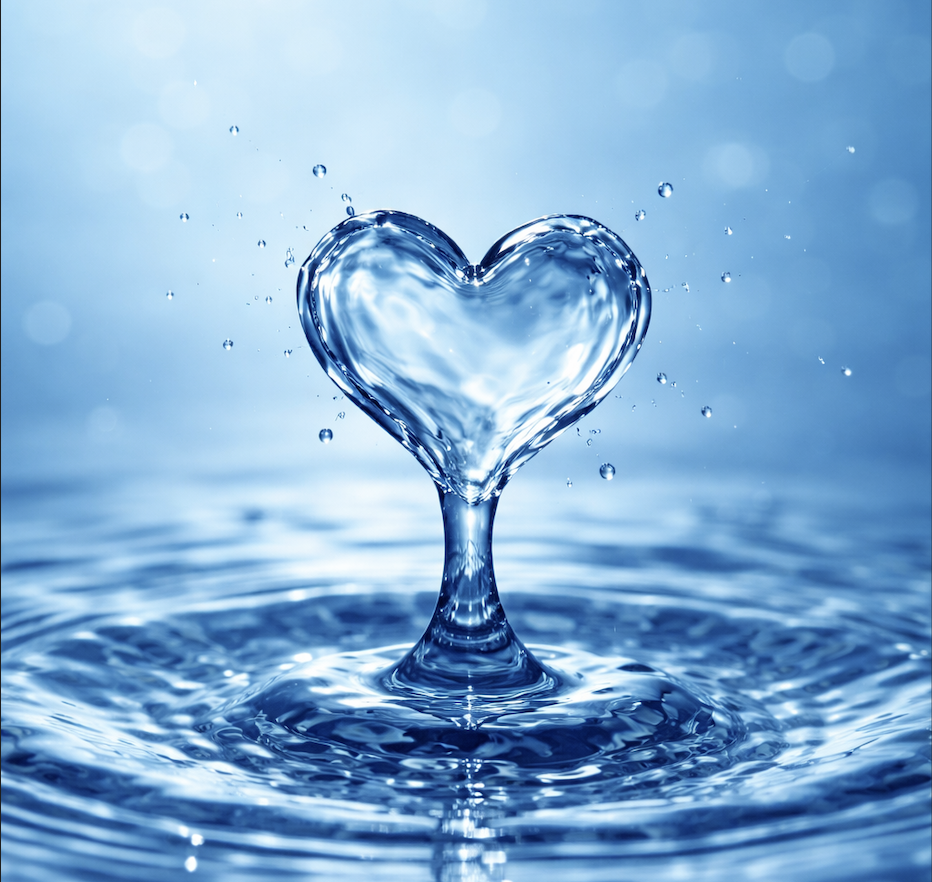I recently celebrated ten years of sobriety. Sobriety would not have been possible if I was still in the movement. I remember that admitting I had a problem would have “shown signs of weakness,” so in the movement’s view, it was better to continue down a self-destructive road.
“Feel free to be as angry as you want; we will even show you where to direct it.”
My first time laying hands on alcohol was when I was sixteen–a year before my involvement in the movement–in the middle of a forest with some friends from high school. I hung out with individuals who enjoyed heavy metal music like I do; we were outcasts at our school. The way we saw it, we could do whatever we wanted since we didn’t abide by any social norms regarding our behavior.
This scene is something I imagine many are familiar with or have memories of. We all did stupid things as teenagers. However, the problems came when I realized alcohol provided a much-needed escape. At this time, I binge drank, and it transformed from teenage stupidity into addiction. I went from being a quiet sixteen-year-old to an obnoxious person who was hard to be around for typical people; my “friends” thought it was hilarious, and I liked the validation I got from them for my poor choices and behavior. Alcohol created a place in my mind where I could go if I did not want to face reality.
The “white power” movement–or violent far-right–arrived in my life at age seventeen, and the underlying message was, “Feel free to be as angry as you want; we will even show you where to direct it.” I perceived this as an awakening at the time; I finally thought I found my place.
I recall many of my bad habits being encouraged, particularly anger and drinking. I would partake in drinking contests on many occasions with the guys in the group as I felt (as a woman) that I needed to keep up with them. I also used it to cope with much of this circle's drama, in-fighting, and blatant trauma. One fueled the other; I needed drinking to deal with the ongoing occurrences of my life choices, and I needed the movement because it enabled my self-destruction.
I often wonder why and how we didn’t see the total hypocrisy of the movement because of that haze of addictions in front of us.
Fast forward to when I was twenty-two, I had to stop drinking because I had liver cirrhosis. I still attended group functions, but the clarity of sobriety changed my perspective of the group that I attached myself to for the last number of years in a distinctly clear way.
I had two significant thoughts at the time:
- Drunk people are annoying to be around when you aren’t one of them.
- This movement had no structure to it; it was all just a bunch of fragile egos feeding off of each other.
Other group members noticed me not drinking, and this was new for them as they’d never seen me sober before. I explained my reasoning. However, they weren’t receptive. Their answer to my sobriety was waving shots of liquor in front of my face and unrelenting mocking of my decision to remain sober. Thankfully I was able to have this reflection while the mocking was occurring: We claim to be superior beings, so why is this healthy decision of mine not supported? We claimed to be all about “family values,” however, how could we maintain family values if we were encouraged to self-destruct? None of it made sense when I reflected on it.
I often wonder why and how we didn’t see the total hypocrisy of the movement because of that haze of addictions in front of us. I never understood the full scope of this hypocrisy until I was sober. Here I am years later, enjoying my freedom and sobriety with no conflicting “rules” of self-destruction hanging over me. This freedom also comes with a better life, relationships, friends, and an overall sense of self. There was no way I could have had those things until I was sober and out.










